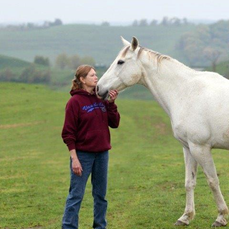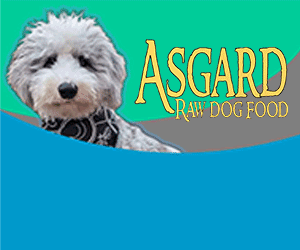Submitted by
Faith Bjalobok Ph.D.
Assistant professor of Philosophy
Duquesne University
Fellow Oxford Centre for Animal Ethics
Founder Fluffyjean Fund for Felines
Outreach Coordinator Save A Horse Stable/Sanctuary
On 400 hundred sprawling rolling green acres in rural Greene County, fifty happy and healthy horses roam free on a farm dedicated to providing them a second chance at life. Save A Horse Stable/Sanctuary (SAHS) founded in 1982 by Darlene and Kevin Moore, goal is to provide abused, neglected and slaughter house bound horses a second chance at a good life. For the founders of SAHS that means a chance for the horses to roam the hundreds of acres of rolling pasture in social groups just as their equine ancestors have done for thousands of years.
Although free roaming equine sanctuaries such a Madeline Pickens’ Mustang Ranch exist, the concept of allowing horses to roam free is a fairly new concept in the equine rescue community. In the late 1980’s the Pa Dept of Agriculture included SAHS in a study to determine the health status of free roaming horses versus stabled horses. During the time period of the study, no cases of colic occurred at SAHS and blood work indicated healthy horses with a very low worm load.
However, it would be a mistake for the reader to interpret free roaming as a hands-off policy. On the contrary, SAHS provides their equine residents with regular veterinary care, shelter, free choice hay, de-worming, vaccinations, dental and blacksmith care. Elderly, frail and horses requiring medical attention are relocated to the front pastures, stabled, provide special feed and needed veterinary care.
While the free roaming character of SAHS is unique in this area, the uniqueness of SAHS does not stop there. In July of this year SAHS will unveil two new programs: Equine Safaris and the Flicka Project.
Modeled after the concept of the African safari, equine safaris afford those who have never had the opportunity to view horses in their natural environment, an opportunity to observe them in their free roaming herd groups. While riding in hay wagons, visitors are given a tour of the farm, the opportunity to photograph the horses and enjoy the peace and serenity of rural Greene County. Tour guides accompany each safari and visitors to SAHS will enjoy learning about the different horses, their personal stories, and the makeup of the various social groups. Those wishing to schedule a safari should contact SAHS to setup an appointment.
In addition to the safari, SAHS will unveil the Flicka Project. Named after Mary O’Hara’s 1941 novel, My Friend Flicka, which focused on a Wyoming rancher’s son and his filly Flicka, the project is aimed at providing victims of domestic violence the benefits of equine facilitated therapy (EFT). The focus in EFT is building self confidence and addressing the propensity towards depression and posttraumatic stress that so many victims of domestic violence share through equine psychotherapy. Recent academic literature citing various qualitative studies suggests that equine therapy because of the unique ability of horses to read human emotions has a positive impact on victims of domestic violence. Studies also suggest that hands on interaction with a horse can cause endorphins to be released (Schroeder& Stroud 2015, Boyd 2013).
The Flicka Project also includes a program of equine bonding and motor skills improvement for individuals with cognitive impairments. SAHS recently received a grant from Greene Speak to help offset insurance costs associated with the project. SAHS is currently seeking funding in order to offer scholarships to the Flicka Project for women and children in Washington and Greene Counties. Anyone interested in donating to the Flicka Project scholarship fund should contact SAHS at 724 499-5709.
Contact Information:
Follow SAHS on Facebook at Save a Horse Stable or on the website: saveahorsestable.com
References:
Boyd (2013), The Language of Equus: Exploring equine-assisted psychotherapy,
Schorworks.smith.edu/theses/587.
Schroeder & Stroud (2015), Equine Facilitated Group Work for Women Survivors of Interpersonal Violence, Journal for Specialists in Group Work. Vol 40 issue 4.



